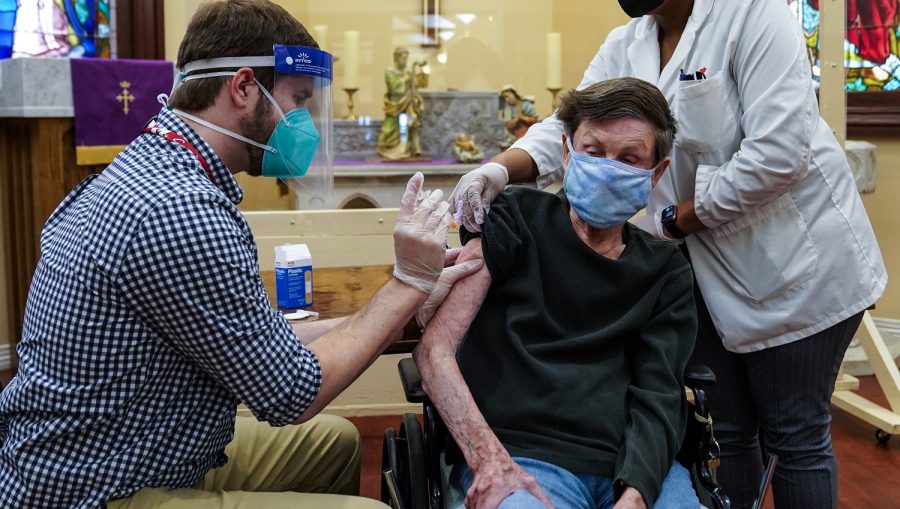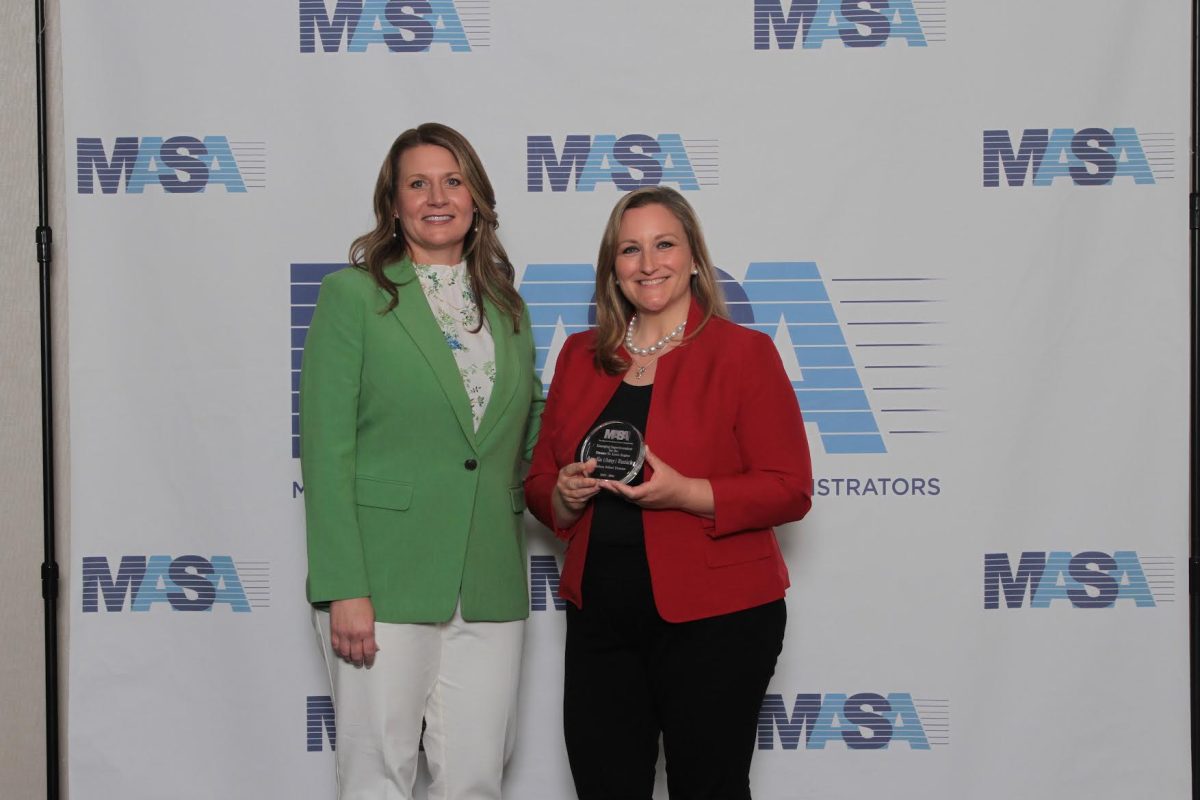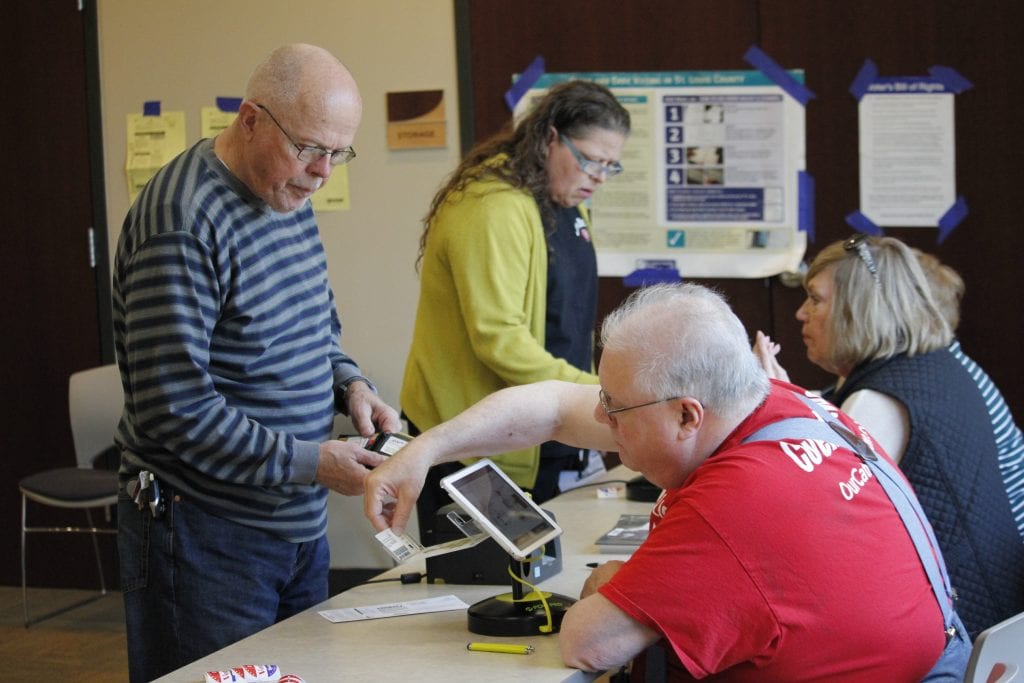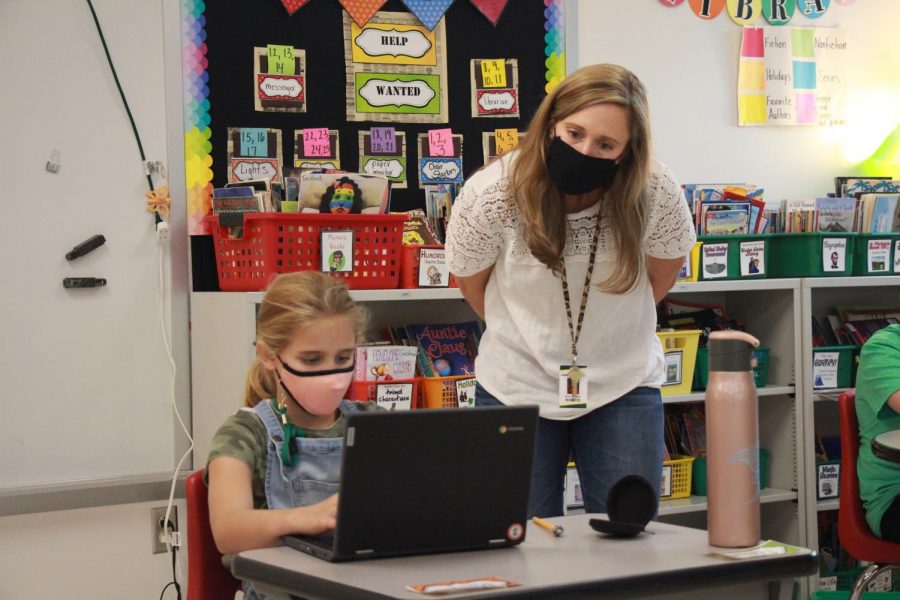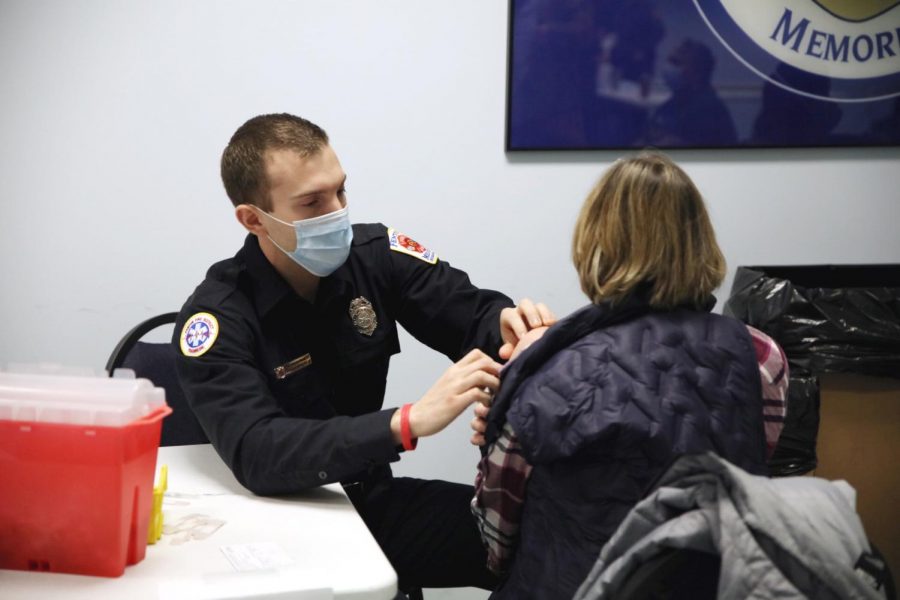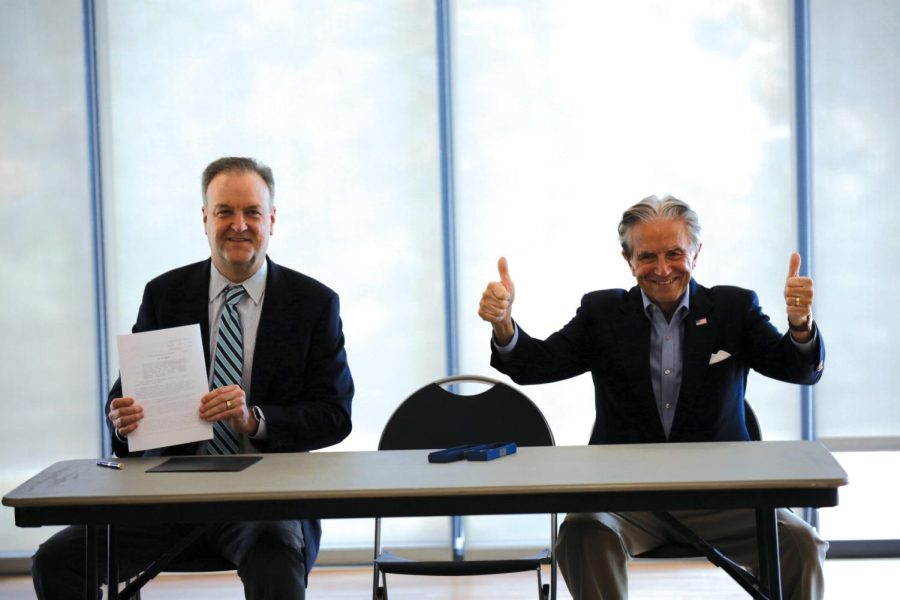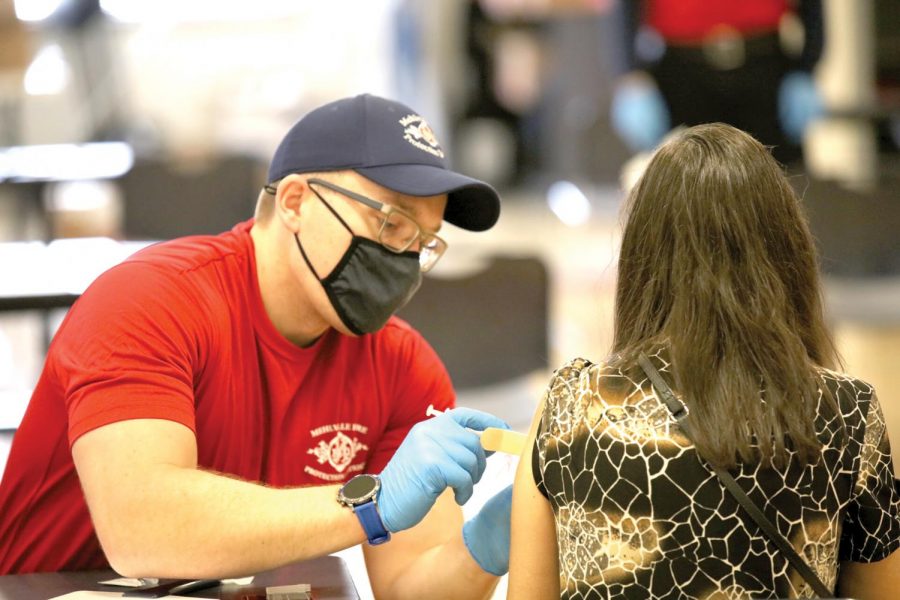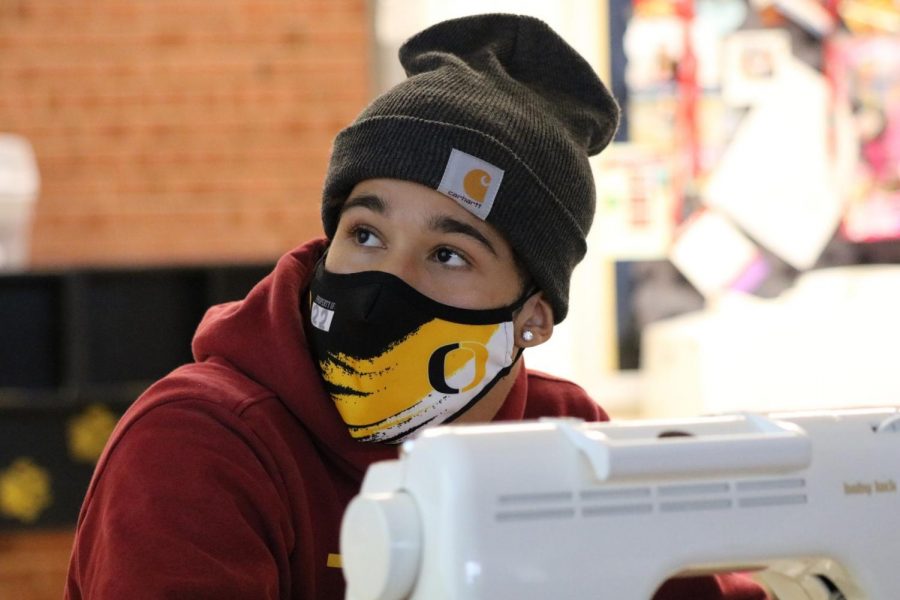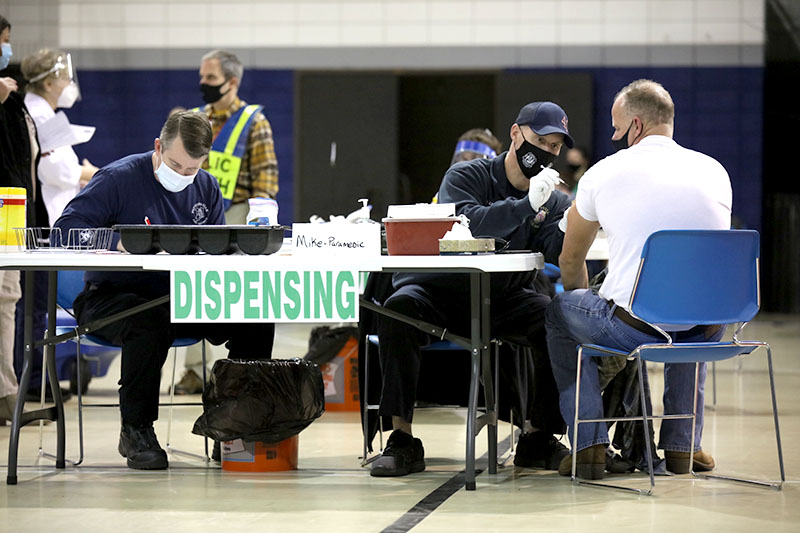Missouri is expected to receive “a significant decrease” of about 55,575 fewer doses of Pfizer’s vaccine and 9,350 fewer doses of Moderna’s through the end of the year, state health department officials told vaccinators in a planning meeting Tuesday.
For the week of Dec. 21-27, Missouri is slated to receive 26,325 fewer doses of Pfizer’s vaccine, a reduction of about 41.5 percent from previous estimates, said Adam Crumbliss, director of the DHSS’ Division of Community and Public Health, during Tuesday’s meeting.
From Dec. 28 to Jan. 3, the state anticipates receiving about 29,250 fewer doses of Pfizer’s vaccine, nearly 38.5 percent less of that week’s estimate, and 9,350 fewer doses of Moderna’s, nearly 20.2 percent less.
Crumbliss attributed the reductions in vaccine estimates to incorrect numbers last week in the software system Tiberius, a Pentagon tracking system that had been used for planning scenarios.
“That had a chilling effect and dramatic impact on the decisions that the state would have to make as it relates to allocation of vaccine,” Crumbliss said on the call.
The even larger reduction outlined in Tuesday’s call follows DHSS Director Randall Williams’ announcement last week that Missouri’s shipment of the second dose of a Pfizer vaccine may be down by 25 to 30 percent.
Several states reported similar cuts last week, which clashed with the U.S. Department of Health and Human Services saying that reports of reductions were “incorrect” and Pfizer saying shipments aren’t on hold or delayed. Gen. Gustave Perna, the chief operating officer for Operation Warp Speed, apologized Saturday and cited a miscalculation in how many doses could be shipped.
When asked Wednesday about the reduction in Missouri’s estimates, an HHS spokesperson referred to Perna’s comments during Saturday’s briefing and a Friday letter to governors from Darcie Johnston, HHS’ director of intergovernmental affairs. The letter noted that in November, Operation Warp Speed provided projected numbers of Pfizer’s doses through the end of December.
“We hoped it was clear that those figures and the underlying projections from the companies were for planning purposes and could be refined, and that if the number of releasable doses from a manufacturer changed, the allocations to jurisdictions would change, too,” the letter read.
This week, 19 sites will be receiving 37,050 Pfizer doses and 60 sites will receive 35,000 Moderna doses, with a remaining 105,000 of those doses allocated toward vaccination within long-term care facilities, a slide in Tuesday’s call noted.
Through January, the state’s remaining anticipated shipments of Moderna’s vaccine, which does not have to be kept at as low of a temperature as Pfizer’s, will be directed toward vaccinating long-term care facility residents and staff through the state’s federal partnership with chains like CVS.
In light of the reduced allocations, Crumbliss said the Centers for Disease Control and Prevention said some states have chosen to allocate between 70 to 90 percent of their doses into the federal program to vaccinate long-term care facilities.
Missouri is aiming to keep a “balanced approach” and send about 55 percent of its projected next shipment to healthcare providers, with approximately 45 percent going toward long-term care facilities, Crumbliss said.
The federal government has not yet told Missouri what its allocation of Pfizer’s vaccine will be for January, the state confirmed during the call with vaccinators. Crumbliss urged those on the call to reach out to federal authorities and stress “the importance of providing solid, good baseline data.”
“Not in a one-week or even two-week tempo, but largely we would like to see four to six weeks out as a guaranteed baseline so that we can plan and provide accordingly transparent and clear information for everyone in the process,” Crumbliss said.
The decreases in vaccine allocations “substantially impacted” the state’s ability to meet its original plan, Crumbliss said. Until the state has “some sort of goalpost to kick through that isn’t moving all over the place,” the department cannot inform facilities exactly when they may receive a vaccine shipment, he said.
Due to the increased demand and limited supply, a facility’s request for doses does not mean they will receive that amount, Crumbliss said.
“If you take the order requests that we have across the state, it far exceeds already what the order supply is going to allow us to be able to fill,” Crumbliss said.
Some Missouri hospitals have already reported delays.
Liberty Hospital doctors said they were told by the state health department late last week that their anticipated vaccine shipment would not be arriving as planned. At the time, North Kansas City Hospital had also not yet received its doses. The hospital struggled to get answers.
By Monday, DHSS reversed course and said Truman Medical Center in Kansas City would redirect 975 doses to North Kansas City Hospital. Of those, 250 would then be sent to Liberty Hospital.
In Springfield, a shipment of approximately 7,000 doses of Moderna’s vaccine didn’t arrive at Cox Medical Center South Monday as planned. Kaitlyn McConnell, a spokeswoman for CoxHealth, said Tuesday morning they were unclear what caused the delay and know of 300 doses that were reallocated for another hospital in the state.
The shipment arrived later Tuesday morning.
It’s unclear how many providers across the state have been affected by the delays.
The Missouri Hospital Association has no responsibility in determining vaccine distribution, said Dave Dillon, a spokesman for the association. Some hospitals who had not received their original allotments are beginning to receive doses through redistribution, Dillon said.
“Unfortunately, while there is a technical process for this, there is not a redistribution plan, per-se,” he said.
Crumbliss said redistribution is “likely the only successful path forward” and noted the department plans to focus on facilitating transfers more efficiently.
Ultimately, Dillon said he does not have a sense of who has or hasn’t received a vaccine, other than those who have publicly announced their shipments have arrived.
“Only the state has a clear line of sight on the hospitals that have received or redistributed,” Dillon said.
As of Tuesday, 285 facilities across the state were approved to administer the vaccine, with over 700 more expected to be approved in the coming weeks, according to a news release from Gov. Mike Parson’s office.
Other states, like Texas, have published lists on which providers will be receiving vaccines and how many. DHSS did not respond to a request last week on whether the locations of sites receiving initial vaccine shipments in Missouri would be made public.
This article is from the Missouri Independent.

















